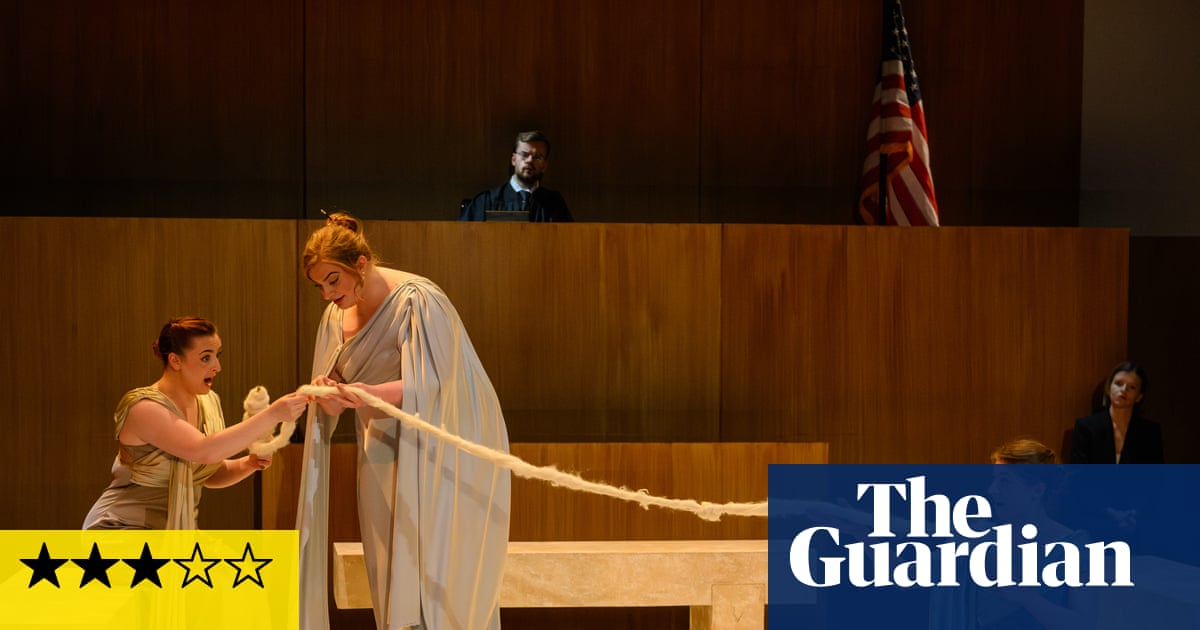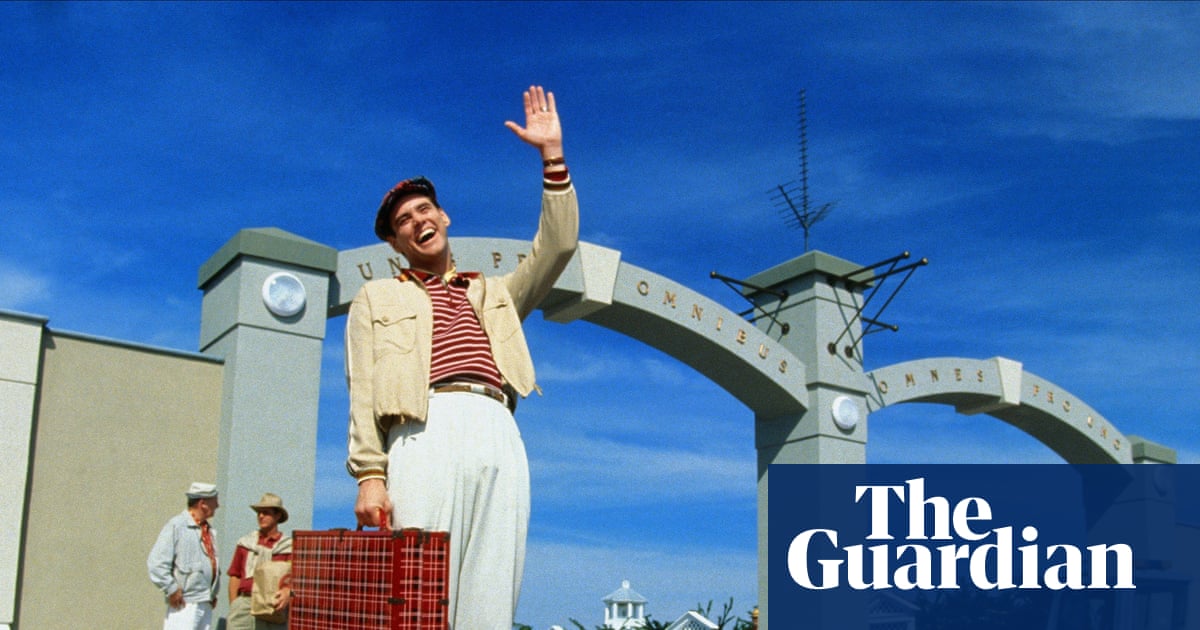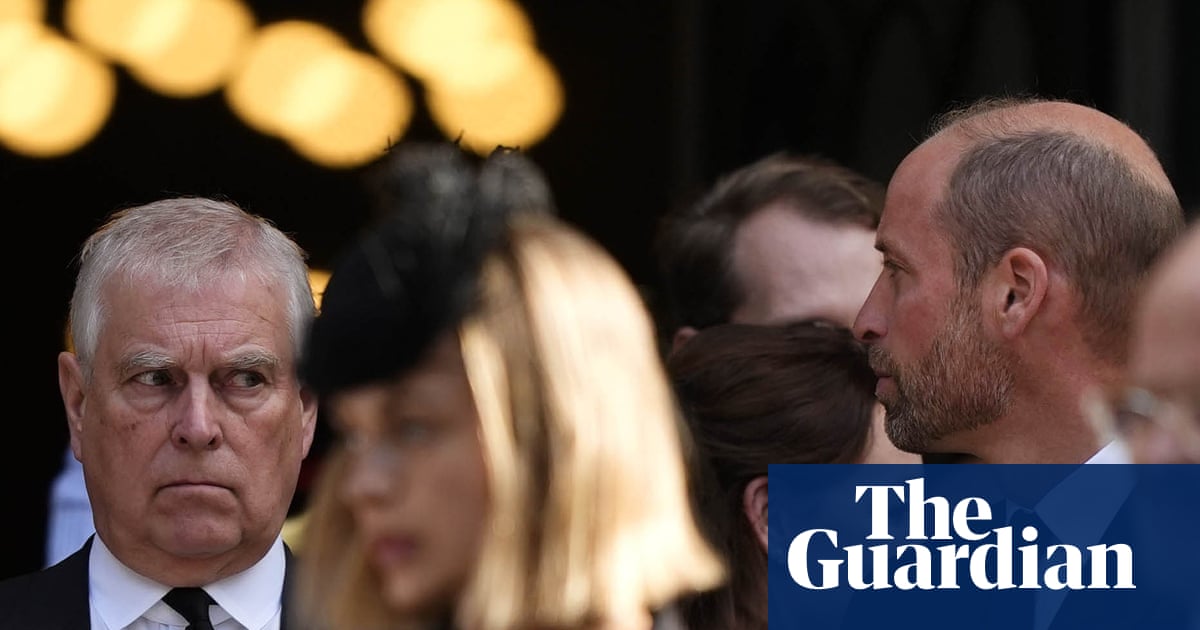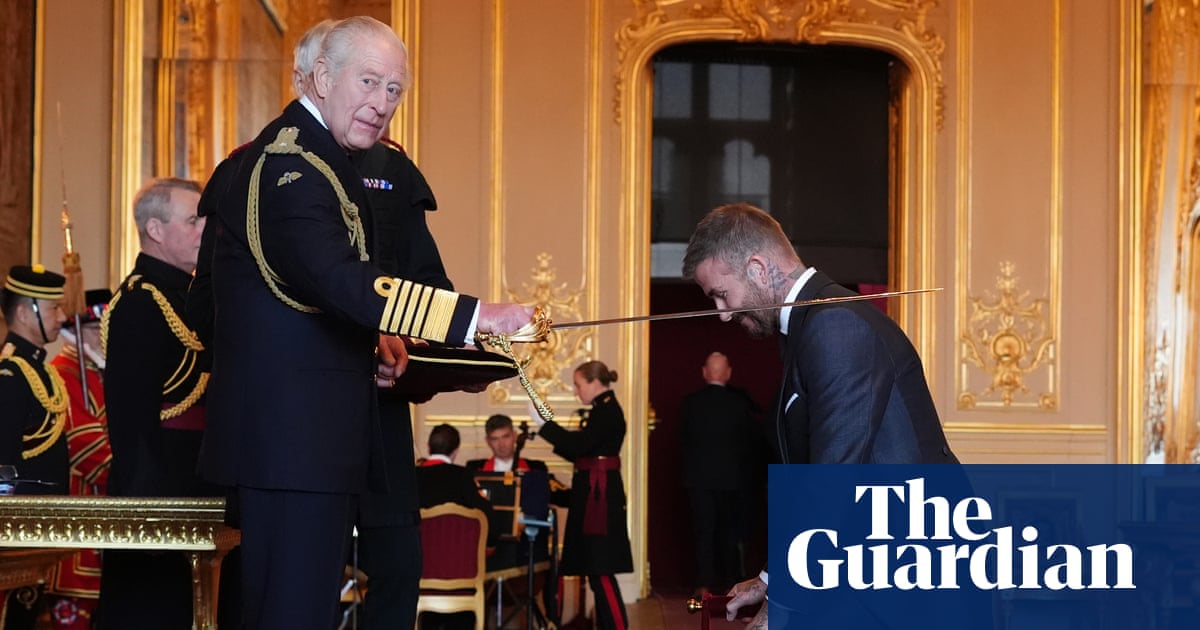Over the years, a select few BBC radio programmes have carved out distinctive niches in the nation’s affections. High on many people’s lists of such radio treasures are probably programmes like the Archers, Desert Island Discs and, now into its second century, the Shipping Forecast. Another shoo-in member of this small and exclusive club – broadcasting’s equivalent of the Order of Merit – is surely Melvyn Bragg’s long-running Radio 4 programme In Our Time.
In Our Time embodies something fundamental to media. It is living proof that it is possible to be both serious and popular. So good was the programme, right from the start, that Lord Bragg and his guests managed to turn one of radio’s traditional “graveyard” slots – the hour after 9am on a weekday – into one of the BBC’s most enduring jewels. They did it by the simple expedient of talking interestingly about important and sometimes difficult subjects. Who would have guessed?
In Our Time is a misleading title for a programme that is as much concerned with the timeless and the historic as with the contemporary. Each week, the programme simply takes a person, a movement, an idea, a theory or an area of study that has shaped the world – and explains its importance. A group of three experts, mostly from universities, recount the main facts and tease out the significant arguments over the course of 45 minutes, with Lord Bragg holding the reins. What they deliver is consistently among the most listened to speech programmes and podcasts on the radio. The programme is, though, about to lose its presiding spirit. Lord Bragg confirmed this week that, at 85, he is stepping down from the job he has done since 1998. He has been a presenter to treasure, happy to keep out of the way before asking a succinct question to move things on, an object lesson to presenters who hog the limelight and try to show off their own knowledge. Away from the radio studio, he has been a tireless champion of the arts and of public service broadcasting. This programme, though, is the best of him. A hard act to follow.
The reasons for that are easy to pinpoint. In Our Time is aimed at the listener who wants to know more, or whose imagination can be caught by intelligent and informed talk. It is not snobby, not metropolitan (Lord Bragg, a proud Cumbrian, would not permit that) and not chauvinist, but truly international. It exists to broaden the mind, and it succeeds. It is also a rare oasis of media civility, proof that it is possible to disagree about difficult and important subjects while still getting along. It is appropriate that what turns out to have been Lord Bragg’s final In Our Time, broadcast in July, was an exploration of this very subject.
In Our Time’s greatest achievement is that while it never talks down to listeners, it never dumbs down either. Each programme is focused, but the range is immense. Notable episodes stretch from the foundation of Ancient Rome to incompleteness theorems in mathematics, from Anna Akhmatova to Rabindranath Tagore, and from the 18th-century gin craze to the Higgs boson. There have been well over 1,000 programmes since the launch, and there is no sign of them stopping or running out of subjects. Happily, the programme was a pioneer BBC podcast, and many of its episodes are easily retrieved and can still be enjoyed. Long may it continue.
-
Do you have an opinion on the issues raised in this article? If you would like to submit a response of up to 300 words by email to be considered for publication in our letters section, please click here.

 1 month ago
44
1 month ago
44

















































